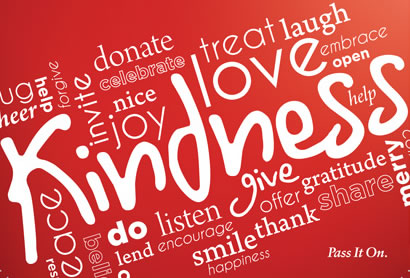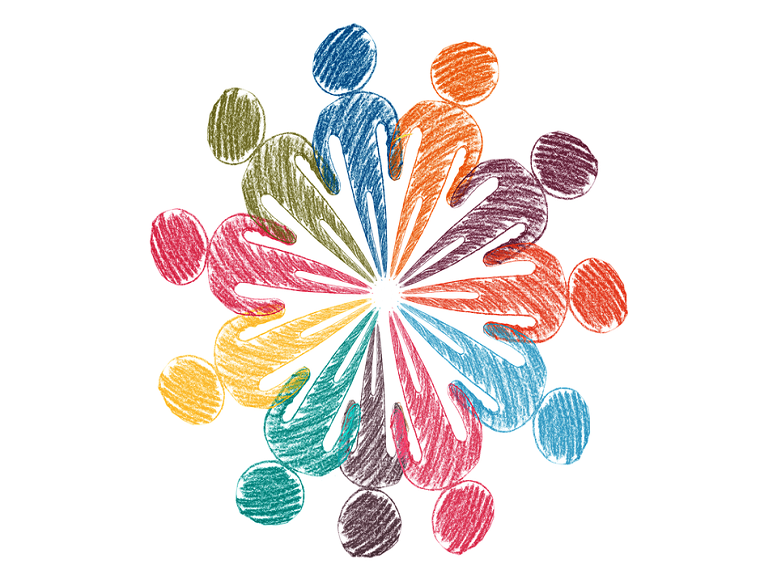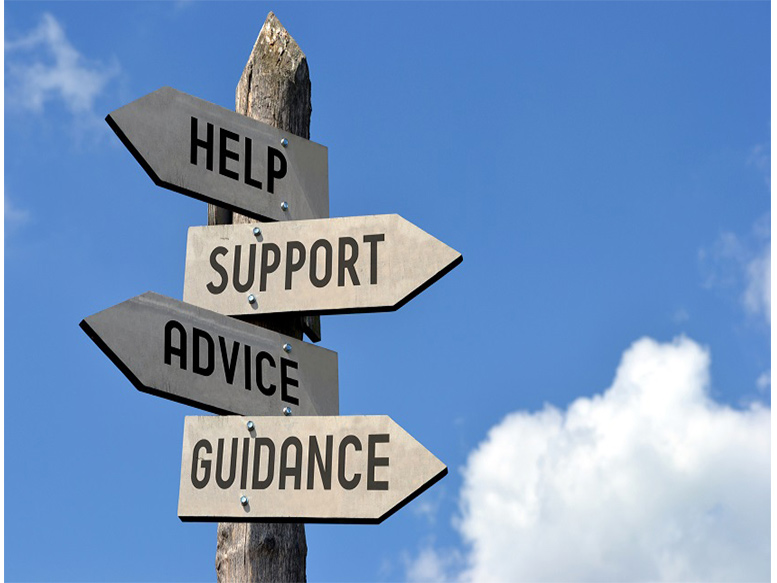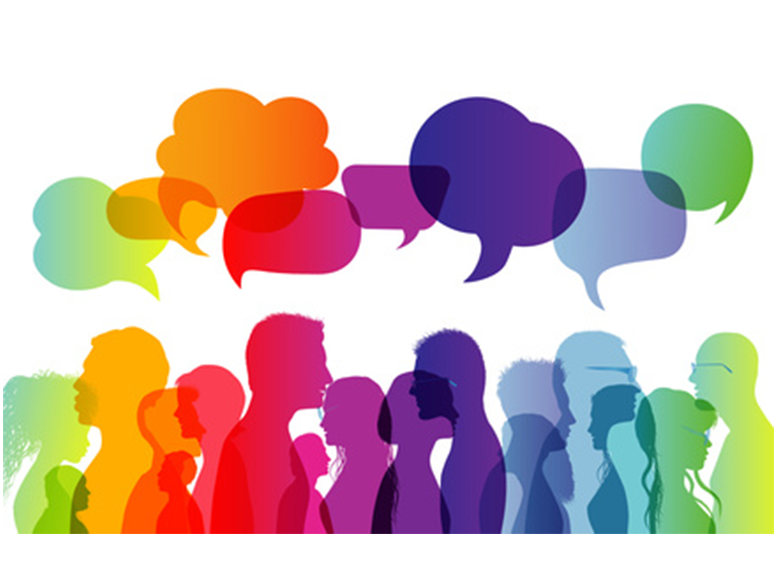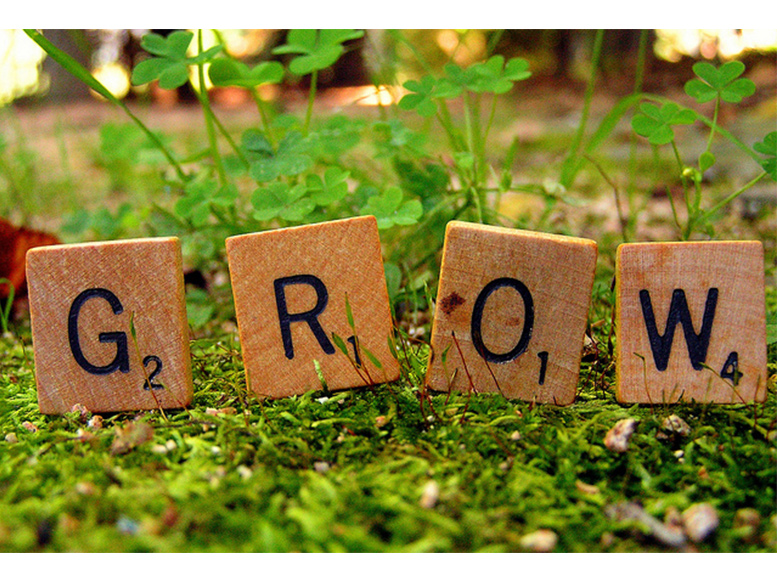I’m always amazed – and encouraged – by the countless examples of human kindness and generosity that emerge in the aftermath of disasters such as the recent earthquake in Nepal, and the devastating tornadoes in the Mid-West. I sometimes wonder, however, why those acts of kindness don’t play out on a smaller scale in the workplace and elsewhere as we each struggle to navigate the often challenging aspects of day to day working and living.
Where’s that kindness in the manager who won’t adjust your schedule so you can attend your child’s play? Or the coworker who won’t pitch in when you and the rest of the team are overloaded? Where’s that kindness in the driver who narrowly cuts in front of you just to gain one car length at the stoplight? Why does it take a disaster to bring out the spirit of “I care”?
Let’s face it. We live in a stressful time. Most of us are being asked to do more with fewer resources and less time, and yet expected to deliver higher quality results. It’s no wonder people are cranky. And yet – cranky is as cranky does. And it just keeps replicating. It’s time to stop the madness. Here’s my 3-step formula for creating a culture of kindness. Let’s start it as a ripple, let it grow to a wave, and perhaps it will become a tsunami of “I care.”
Step 1. Look in the mirror. Are you being kind – to others? To yourself? Do you allow yourself to get overextended when stressed, or frustrated, or pressed for time? By overextended, I mean when those good qualities you have go overboard. When attention to detail becomes analysis-paralysis. When your creativity spawns multiple, random ideas, but no action. When a focus on action becomes a grasp for control – or aggression. Do you recognize when this happens, and how do you rein in those qualities?
Step 2. Nurture your support system. One way to rein in those qualities is, of course, to be aware. Another way is to create and nurture a support system, of people, places and activities that bring you back to center. Who are the people – friends, family, colleagues – in your support system? And how are you supporting them? In addition to helping you through those overextended days, a good support system, according to the Mayo Clinic, is beneficial to your overall health.
Step 3. Lead by example. Start the ripple of kindness by setting examples of kindness every day. Hold the door open for someone. Offer help to a coworker who’s struggling with a project or a complex issue. Hold back that nasty retort when someone says something rude to you. Set the example and others may follow.
And most of all, as Ellen says every day at the end of her show: “Be kind to one another.”
Till next time,
Karen

